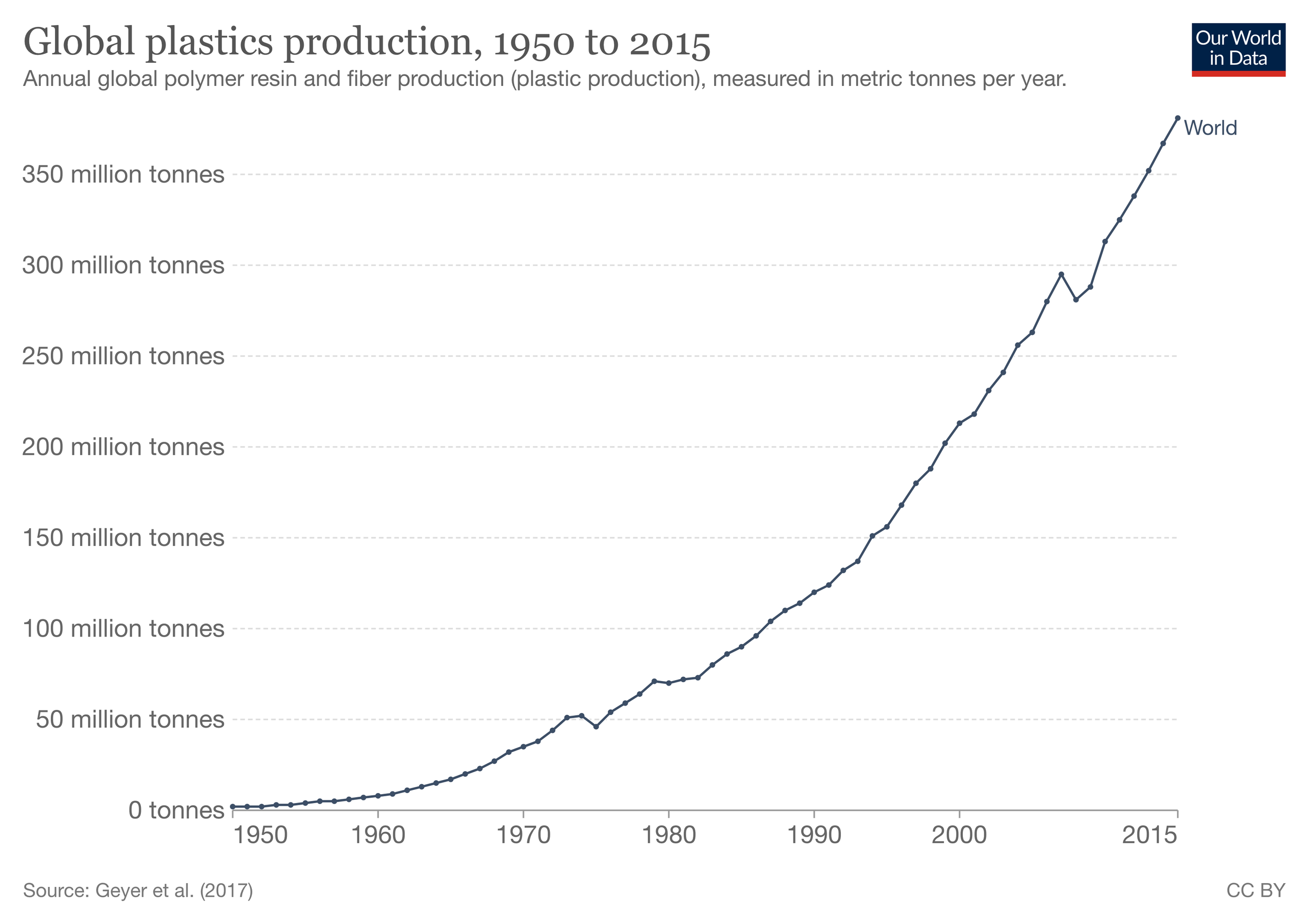Is Umuganda* the solution to plastic waste?
Plastic is literally everywhere. Not just in industry but also in our daily lives. Travelling around my native city of Addis Ababa, Ethiopia, I could see informal dump sites brimming with plastic waste.
Every sector of our economies rely on a form of plastic in one way or another. Its presence in all areas of our lives is insidious. Yet, plastic – and the waste it creates – is a relatively new phenomenon in the course of human history. Leo Baekland created the first fully synthetic plastic in 1907, a significant shift in the semi-synthetic and semi-organic hybrid plastics that preceded. From there plastic has continued to evolve in shape, form, and scale of damage to environmental and human health. Global plastic production continues to increase and is estimated to have reached 368 million tonnes in 2019. African countries are contributing to this trend with industry reports showing that in the past six years, the use of plastics across Africa has grown by 150%.
Despite the overwhelming quantity of plastic produced between 1950-2015, only 9% of plastic produced in that period has been recycled. The remaining plastic usually ends up in landfills or in the ocean where they break apart into microplastics as it's estimated that plastic takes 400 years to degrade. Microplastics are so pervasive that they have been found in the placentas of unborn babies, which researchers are referring to as “a matter of grave concern”. While there is some debate as to the suitability of the term, there is an emerging discourse around what is known as ‘climate colonialism’ i.e. “a development model that made the industrialized countries rich through exploiting less highly developed nations”. This manifests itself in part through the reliance on dead zones in African countries where landfills are brimming with imported plastic waste. Since China banned imported plastic waste in 2018, high-income countries like the United States of America and some nations in the European Union have exported their plastic waste to African countries like Ethiopia and Senegal. Africa is thus charged with handling imported plastic in addition to managing its own plastic, as illustrated below.
The fast fashion industry is notorious for its contributions to plastic waste. On average, 80% of new of new clothing items by fast fashion brands are made from virgin petrochemicals such as Polyester, Acrylic, Nylon and Polyamide. During their life cycle, washing these items in unfiltered washing machines or natural bodies of water like streams, rivers and lakes leaks microplastics directly into our oceans, harming aquatic life.
Furthermore, the low-quality nature of synthetic clothing items leads to an estimated 64% of fast fashion clothing being disposed of at either informal dumps or formal waste treatment plants. Ghana’s local textiles industry competes with the astounding 15 million clothing items that arrive at Kantamanto market from high-income countries each week.
Yet despite the magnitude of this problem, only one fast fashion company has allocated a substantial financial sum towards its resolution. Shein, which is valued at £80 billion, has pledged £4 million a year for three years to the OR Foundation to address textile waste that ends up in the Kantamanto market of Accra, Ghana. In response to critics accusing Shein and OR of greenwashing, Liz Ricketts, the co-founder of OR replied “we are accountable to the Kantamanto community that has trusted us for years.”
To tackle this complex problem, 34 African countries have at least one piece of legislation banning one or more forms of plastic, with varying degrees of effectiveness. Africa is the continent with the highest number of plastic bans worldwide.
Of particular note is Rwanda, which has been leading the way. In 2008 Rwanda instituted a ban on the sale, manufacture, import and general use of plastic bags. Rwanda’s government successfully got public buy-in of these measures through the introduction of ‘Umuganda’ (meaning ‘community work with the purpose to contribute to the overall national development’) whereby residents of each community across the country clean up their neighbourhoods on the last Saturday of every month. The Director General of Rwanda’s Environmental Authority, Dr. Rose Mukankomje, has said “you need a policy to get rid of plastic bags, but it must be wanted to be successful.” Through Umuganda, Rwandese have bought into the removal of plastics from their daily lives.
While Rwanda serves as a shining example, plastic bans can be ineffective for three reasons: cultural resistance, lack of enforcement and differing legislation across porous borders. With the 2019 African Continental Free Trade Agreement now in force, African borders will become even more porous – highlighting the need for unified responses to the production and use of plastics. Fortunately, there has been continental-level movement in the fight against plastics. For example, at the third meeting of the parties to the Bamako Convention (which prohibits the import of hazardous materials into the African continent) African countries called for “action to prevent plastic waste pollution and its trade in and surrounding the continent of Africa.”
*The word Umuganda can be translated as "coming together in common purpose to achieve an outcome". In Rwanda, traditionally members of the community would call upon their family, friends and neighbours to help them complete a difficult task. Modern day Umuganda can be described as community work.




